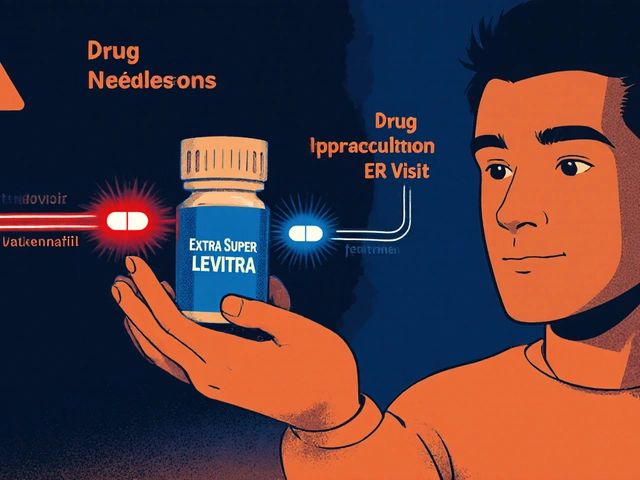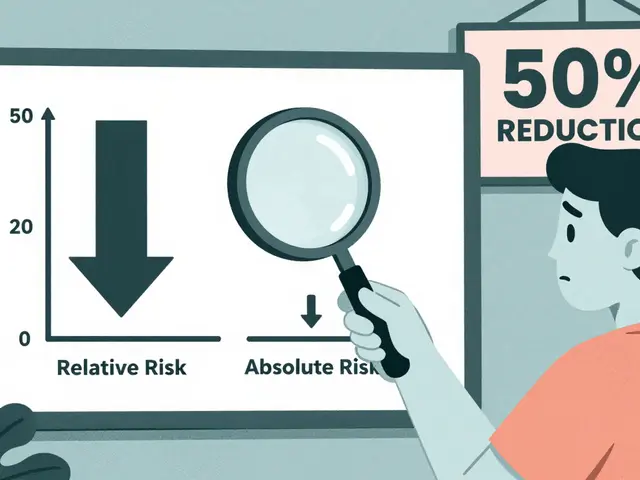Antipsychotic Medication: What You Need to Know
If you or someone you love has been prescribed an antipsychotic, you probably have a lot of questions. These drugs are used to calm severe mental health symptoms, but they can feel confusing at first. Below we break down the basics – why they’re prescribed, how they act in the brain, and what side effects to watch for. No jargon, just clear answers you can act on.
How Antipsychotics Work
Antipsychotic medication primarily targets dopamine, a brain chemical that helps regulate mood, thoughts, and movement. Most of these drugs block dopamine receptors, which reduces hallucinations, delusions, and extreme mood swings. Newer “atypical” antipsychotics also affect serotonin, another neurotransmitter, giving them a broader effect and often fewer movement‑related side effects.
Doctors usually start with a low dose and adjust it based on how you feel. If you’re taking the medication for schizophrenia, the goal is to lower psychotic episodes while keeping daily life manageable. For bipolar disorder, antipsychotics can help control manic spikes and, in some cases, act as mood stabilizers.
Common Side Effects & Safety Tips
Side effects vary by drug and person, but the most common include drowsiness, weight gain, dry mouth, and mild tremors. Metabolic changes such as increased blood sugar or cholesterol can happen, especially with atypical options. If you notice sudden dizziness, severe muscle stiffness, or movements you can’t control, call your doctor right away – those could signal a rare but serious reaction.
Here are a few practical tips to stay safe while on antipsychotics:
- Take the pill at the same time every day – consistency helps keep blood levels steady.
- Keep regular check‑ups: blood work, weight, and blood pressure should be monitored every few months.
- Stay hydrated and eat balanced meals – this can reduce dry mouth and weight gain.
- Avoid alcohol and sedatives unless your doctor says it’s okay; they can intensify drowsiness.
- Never stop the medication abruptly. Tapering off should be guided by a healthcare professional.
If you’re worried about side effects, talk to your prescriber about switching to a different antipsychotic or adjusting the dose. Many people find a version that works well with minimal issues after a short trial period.
Remember, antipsychotic medication is just one piece of a larger treatment plan that may include therapy, lifestyle changes, and support groups. Combining meds with talk therapy often leads to better outcomes and a smoother daily routine.
Feeling overwhelmed? Write down any symptoms or questions and bring them to your next appointment. Clear communication with your doctor makes the treatment safer and more effective.
Antipsychotic medication can be a powerful tool when used correctly. By understanding how they work, watching for side effects, and staying in touch with your healthcare team, you can manage symptoms and keep moving forward with confidence.
Where and How to Buy Geodon Online Safely in 2025
Find out how to safely buy Geodon online in 2025. Learn about legit pharmacies, prescriptions, potential risks, and tips for a smooth purchase.






